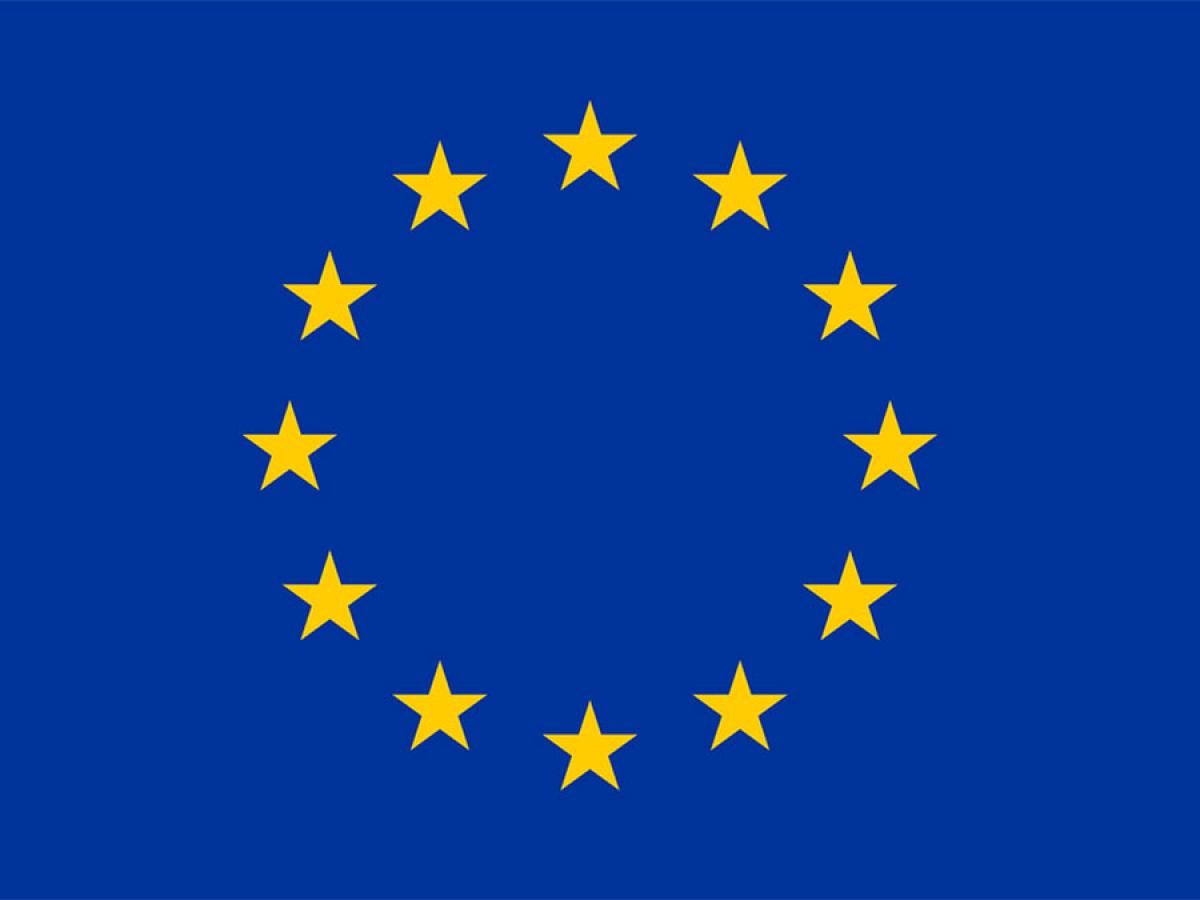Framing Critical Minerals: Hybridising Economic, Environmental, and Security Objectives in EU Trade Discourse

Critical minerals have become a central focus of European Union trade discourse at the intersection of global sustainability goals, economic competitiveness concerns, and growing supply-chain vulnerabilities.
Drawing on discursive institutionalism and the literature on framing, this paper uses the concept of “framing hybridisation” to describe how the European Union’s trade discourse on critical minerals has evolved in response to external shocks, internal agency shifts, and the engagement of key stakeholders.
The findings, based on co-occurrence analysis and time-series discourse mapping of DG Trade communications between 1989 and 2025, reveal a three-phase framing hybridisation process, in which discourse grows in complexity through the strategic selection of additional frames. Initially, critical minerals were framed primarily through an economic lens, with emphasis on liberalisation and competitiveness.
In a second phase, the environmental frame gained prominence, emphasising concerns over mining practices and the role of critical minerals in the green transition. More recently, a security frame has surged, focused on reducing strategic dependencies and enhancing supply-chain resilience. Since 2020, these three frames have become increasingly hybridised, reflecting a broader transformation in the European Union’s approach to trade policy in response to global uncertainty.
About the author
Noémie Laurens is a postdoctoral researcher in International Relations at the Geneva Graduate Institute, a writer for the Earth Negotiations Bulletin, and Book Review Editor of the Earth System Governance Journal. Her research examines the evolution of environmental treaties and the relationship between trade and environmental politics.
Views and opinions expressed are however those of the author(s) only and do not necessarily reflect those of the European Union or the European Education and Culture Executive Agency (EACEA). Neither the European Union nor EACEA can be held responsible for them

This work is licensed under Commons Attribution-NonCommercial-NoDerivatives 4.0 International License.
IIT is a global leader in researching, analysing and commenting on International Trade.
Stay informed about our up-and-coming seminars, events, publications, awards, new projects and collaborations, and other exciting news.
